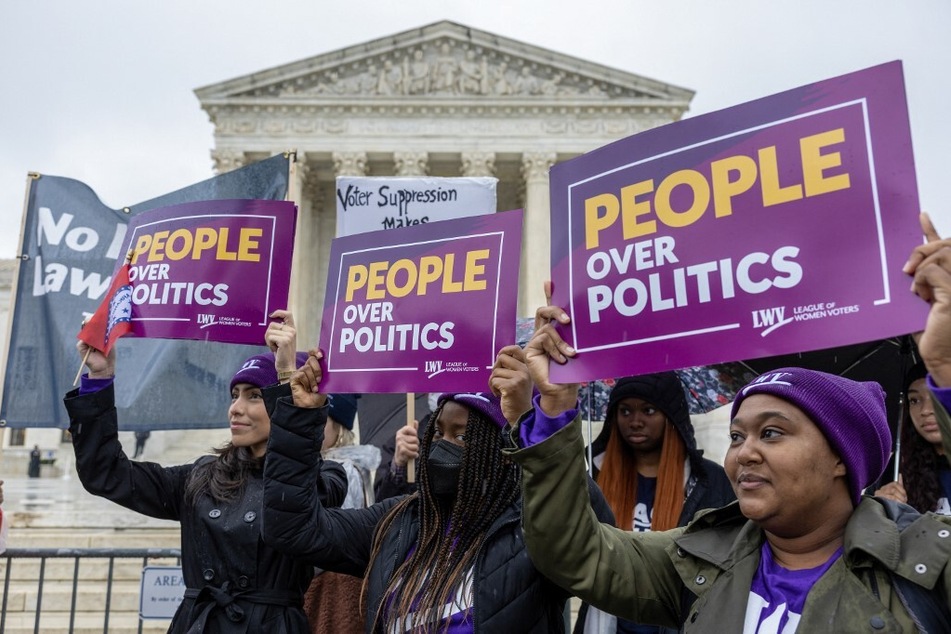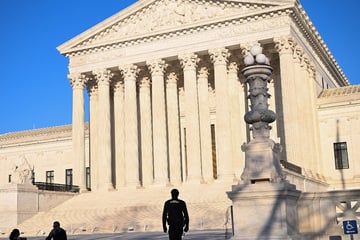Supreme Court deals huge blow to independent state legislature theory
Washington DC - The US Supreme Court ruled on Tuesday that North Carolina's top courts did not act outside their authority when they struck down partisan, gerrymandered congressional maps.

The conservative-majority court ruled 6-3 to reject North Carolina's attempt to reinstate gerrymandered electoral maps after those drawn by the Republican-controlled state legislature were found in violation of the state constitution.
The North Carolina Supreme Court approved alternate maps which were used in the 2022 midterm elections, but reversed its decision once a Republican majority took over in April.
The US Supreme Court reserved its right to hear the case, known as Moore v. Harper. The arguments centered around the controversial "independent state legislature" theory, which claims state legislatures have the ultimate power to dictate how federal elections are run.
The theory is based on a narrow reading of the Constitution's Elections Clause, which states that "the times, places and manner" of holding federal elections "shall be prescribed in each state by the legislature thereof."
Had the court ruled in favor of the challenge, it could have gutted the system of checks and balances for determining voting rules, with profound implications for American democracy.
Conservative justices split on independent state legislature theory
Conservative Justices Amy Coney Barrett and Brett Kavanaugh joined Chief Justice John Roberts and their liberal colleagues in shutting down the independent state legislature theory.
State legislatures "remain subject to the ordinary exercise of state judicial review," Roberts affirmed in the majority opinion.
Conservative Justices Clarence Thomas, Samuel Alito, and Neil Gorsuch dissented.
Cover photo: TASOS KATOPODIS / GETTY IMAGES NORTH AMERICA / Getty Images via AFP
